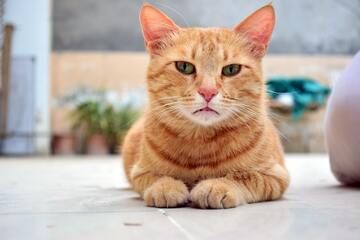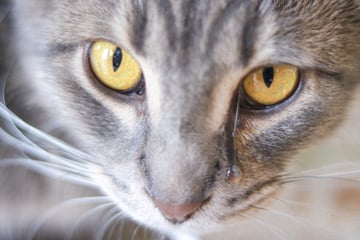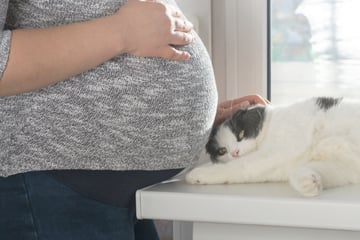Why is my cat sneezing a lot, and should I be concerned?
Do cats really sneeze all that often, and when they do, is it something to be worried about? While cat sneezing is usually not a big deal, that doesn't mean you shouldn't pay attention to other symptoms.
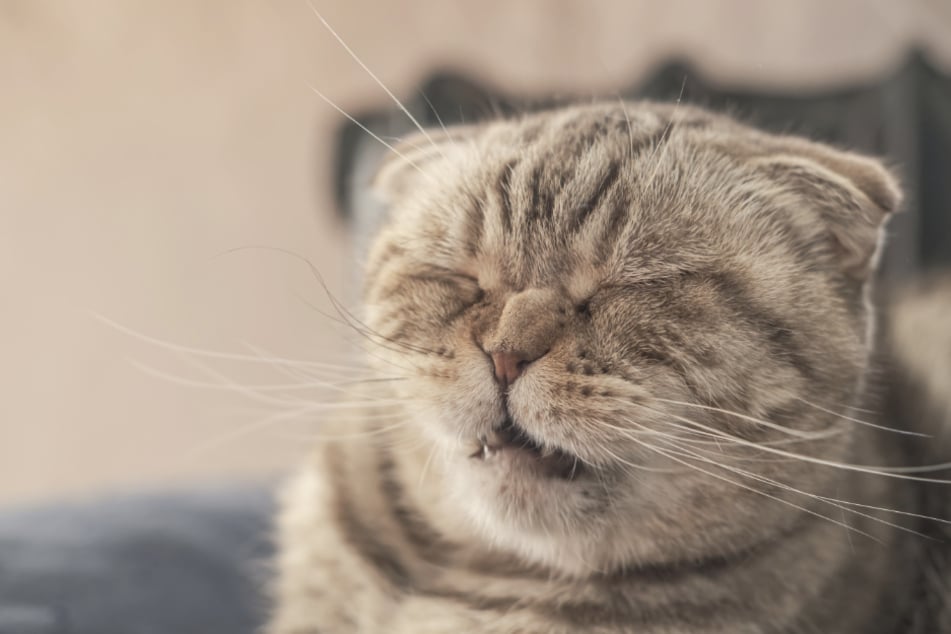
Cats sneeze just the same as humans do, usually as a result of a slightly irritated nose caused by dusty air.
The main difference, though, is that cats are far more adorable than humans when they sneeze.
What might seem cute on the surface, though, can sometimes be rather worrying.
In this cat guide, TAG24 will take you through all the reasons why cats sneeze, what should concern you, and what to look out for if you are worried about your kitty's health.
Why does my cat keep sneezing?
It is usually completely harmless when cats sneeze, but that doesn't mean it is something you should outright ignore. In rare cases, excessive sneezing can actually be the symptom of a potentially life-threatening disease for your cat.
There are many reasons why your cat might be sneezing, including the common cat-cold, irritation due to a variety of factors, or disease. Let's take a look.
Cat keeps sneezing but seems fine
Cats will often sneeze but otherwise seem fine when they have an upper respiratory infection (otherwise known as a cold). The principle reaction to such an infection is sneezing, and it can be quite violent, even if no other symptoms are exhibited.
Keep an eye on your cat if it keeps sneezing, as it may develop into a more serious problem. Cat colds can be deadly, and so can a number of other afflictions, so contact your vet and get yourself some professional advice.
Cat coughing and sneezing due to irritation of the nose
When your cat's nasal mucosa becomes irritated, it will likely sneeze. Just like humans, cats have quite sensitive noses when it comes to foreign substances, and sneezing is a response meant to expel those substances.
What could be irritating your cat's nose?
- Room sprays and incense
- Perfume and deodorant
- Cleaning products
- Fabric softener
- Hairspray
- Cigarette smoke or vapor from e-cigarettes
- Dry air due to air conditioning
- Dust particles in the air
- Other particles thrown into the air like cooking products, grass clippings, dirt, etc.
The best way to figure out why your cat is sneezing is simply to observe your cat's sneezes. When does it sneeze? What could be causing it? What could you change or remove to help your kitty?
Fun fact: Certain situations can make your cat more likely to sneeze, including after vacuuming or sweeping, as dust will have been kicked up into the air.
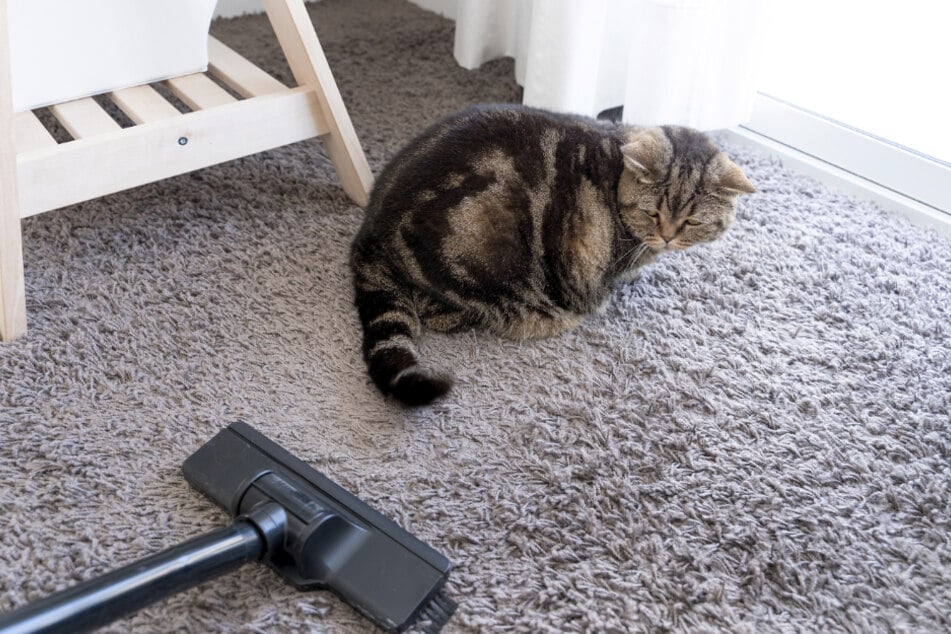
Why should I worry about my cat sneezing? Diseases and health issues
There are a number of very serious health issues that could be causing your cat to sneeze heavily and regularly. In many of these cases, your cat will require urgent veterinary help, so please keep an eye out for their symptoms.
Cat sneezing could potentially be a symptom of these conditions:
- Allergy
- Common (cat) cold
- Inflammation of the mouth or nose
- Internal or external injuries to the head
- Tumors and cancers
- Viral diseases
This is not an exhaustive or specific list of diseases. If your cat is repeatedly sneezing and is showing other signs of illness as well, or you have any cause for concern, please see a veterinarian.
Tip: It's worth taking a closer look at your cat's nose if it starts to sneeze more often than usual. At times, foreign bodies, injuries, and redness can actually be seen by the naked eye. If so, your cat should go to the vet.
Why is my cat sneezing blood?
A cat's nose is lined with many blood vessels and, much like in humans, these blood vessels can burst and produce a bloody nose. The difference, though, is that it is far rarer in cats and could also be caused by a number of other far scarier things.
Reasons for your cat sneezing blood:
- Bursting of the blood vessel due to repetitive sneezing
- Upper respiratory infection
- Foreign object stuck in the nose
- Rat poison and other poison
- High blood pressure
- Tumors
Under no circumstances should a cat who is sneezing blood be ignored. Medical attention must be sought immediately in such situations.
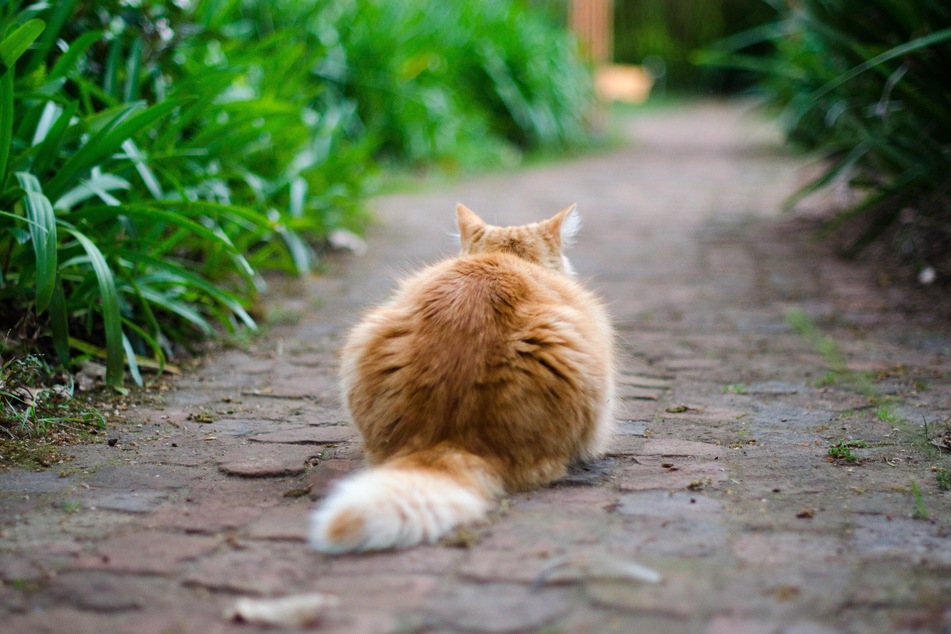
What should I do if my cat keeps sneezing? How to help a sneezing cat
There are a variety of things that can help to stop a cat from sneezing, but they are generally dependent on the condition's cause. Keep in mind, though, that many of these home remedies and medications should not be used carelessly. The best way to keep your cat from sneezing is to use preventative measures, such as making your home more comfortable and clean.
Here is how you can prevent sneezing cats:
- Avoid using potentially irritating room sprays, fragrances, or similar products indoors where the cat may inhale them
- Do not smoke inside your apartment or house
- Make sure your cat is fully vaccinated
- Install a humidifier in your home
- Keep your apartment as clean as possible
- Increase cross-ventilation in your apartment
- Avoid allowing drafts from under the floor or door
- Make sure your cat has enough to drink
- Use anti-allergy filters on your vacuum cleaner
- Make sure your cat has a particular warm, clean spot to escape to
- Keep your cat's stress levels low
Veterinarians will be able to provide more detail on how best to help your sneeze-stricken kitty.
When to take your sneezing cat to the vet
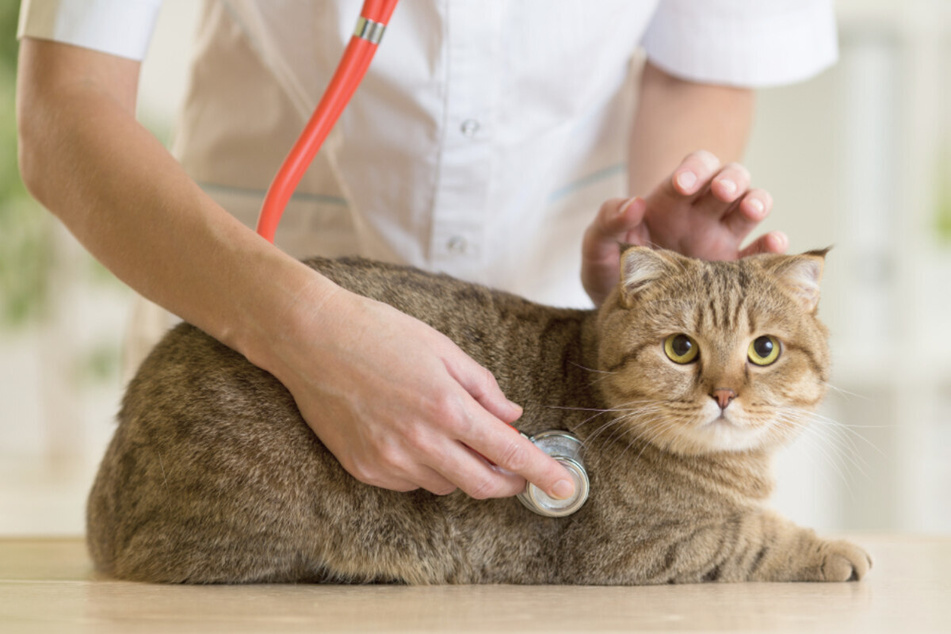
If your cat only sneezed once or twice, it is probably nothing to worry about. If your cat starts sneezing consistently for a long period of time, then you should think about taking it to the vet. In the case that this sneezing is coupled with other symptoms, then the vet becomes absolutely crucial.
Symptoms that may indicate disease include:
- Loss of appetite
- Increased nasal and eye discharge
- Frequent nose licking
- Sneezing blood or developing a nosebleed
- Increased salivation
- Listlessness
- Disorientation
- Glassy eyes
- Fever
- Difficulty breathing
- Cough
- Diarrhea
- Weight loss
Again, this is not an exhaustive list. As soon as you fear that your cat is unwell, you should seek professional help.
What can I give my cat for sneezing?
There aren't really any non-medical things you should give your cat when it is having a sneezing attack. If such a thing is required, a prescription and correct dosage will need to be sought from the vet. That being said, there are a number of things you can pick up to help reduce your cat's sneezing.
Other cat-sneezing remedies:
- Air purifiers and humidifiers
- Remove your cat from the situation and room
- Thorough cleaning of the house and dust-removal
- Keeping the litter box and food bowls clean
It is best to not take medical intervention yourself. There are plenty of antihistamines and antibiotics that can help, but they must be provided by a veterinarian.
Take cat sneezing seriously!
It's not usually something to seriously worry about if your cat sneezes, but that doesn't mean you should always take it lightly. If your cat starts sneezing continuously, or is showing other signs of sickness, you should take it straight to the vet for a check-up.
As always, you really shouldn't self-diagnose health issues. If you have the slightest concern about why your cat is sneezing so much, make sure a veterinarian's office is your first port of call.
Cover photo: 123RF / Koldunova

